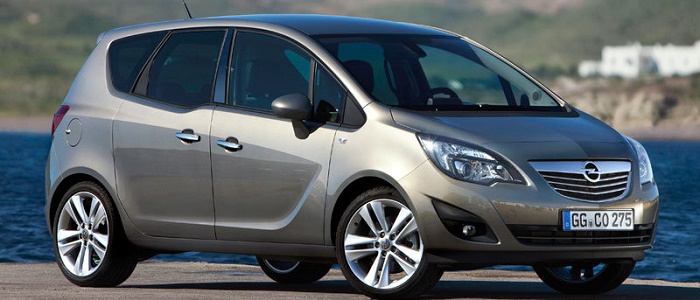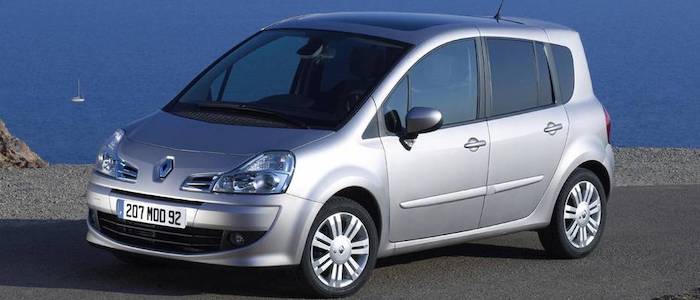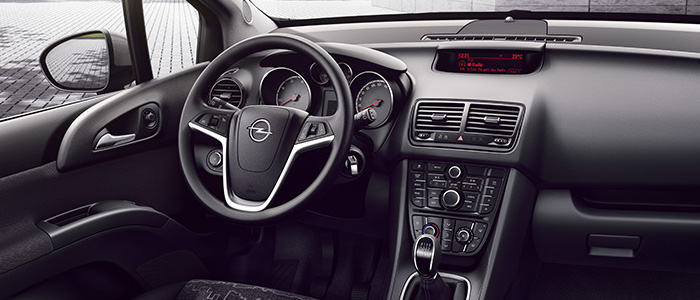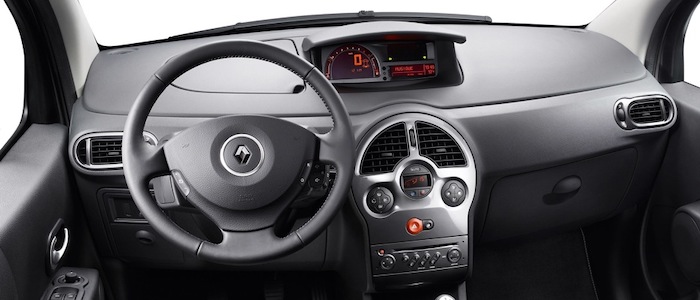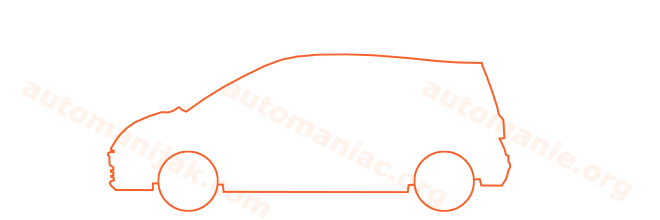Compare two cars
Compare any two cars and get our Virtual Adviser™ opinion
Marketing
Dimensons & Outlines
Engine
Performance (manual gearbox)
Performance (automatic gearbox)
Expenses
Virtual Adviser's™ opinion
Well, these are two pretty similar cars we have here! It's only details that could potentially make the difference. Considering they both belong to the mpv segment and utilize the same 5-door MPV body style and the front wheel drive system, it all comes up to the specific diesel engine choice they offer. The first one has a FIAT-engineered powertrain under the hood, a 4-cylinder, 16-valves 95hp unit, while the other one gets its power and torque from a 4-cylinder, 8-valves 86hp engine designed by Renault.
SafetyA starting point here would be to take a look at the results from European New Car Assessment Programme (Euro NCAP) tests which were performed on both of the cars, with the same number of safety stars gained in the process. Still, apart from the official crash test results there are other things we need to be aware of. Both vehicles belong to the mpv segment, which is generally a good thing safety-wise, but that fact doesn't break the tie between the two cars. Furthermore, when it comes to weight, a factor that most people underestimate, the German car offers a considerable difference of 11% more metal.
ReliabilityReliability is not the best thing to consider on the make level, but it is worth mentioning that Renault does have a slight advantage, all the models observed together. That's the official data, while our visitors describe reliability of Opel with an average rating of 4.2, and models under the Renault badge with 4.1 out of 5. Unfortunatelly, I don't have enough insight that would allow me to comment in more details on the specific models level. That apart, owners of different cars powered by the same engine as the German car rank it on average as 4.5, while the one under the competitor's bonnet gets 4.3 out of 5.
Performance & Fuel economyRenault is undoubtly more agile, reaching 100km/h in 1.5 seconds less than its competitor. In addition to that it accelerates all the way to 171 kilometers per hour, 6km/h more than the other car. When it comes to fuel economy the winner has to be the French car, averaging around 4.1 liters of fuel per 100 kilometers (69 mpg), in combined cycle. We can't ignore that 15% difference compared to the German car.
Verdict
Renault appears just a bit more reliable, although the difference is truly marginal. The most important thing when deciding between any two vehicles should always be safety, both passive and active. In my opinion, everything taken into account, the German car offers significantly better overall protection, taking the lead here. From there things take a different direction, with Renault being considerably quicker, thus putting more smile on driver's face. To make things even better, it consumps less fuel! It's not difficult to say then that if I'd need to make a choice, it would definitely be the Renault. Nevertheless, let's not forget that people have different preferences and needs, so what really counts is your personal feel. I'm only here to help. In case you have two minutes to spare I invite you to define your needs, desires and budget and see which car would be chosen by the virtual adviser™, among thousands of similar, yet so different vehicles.























